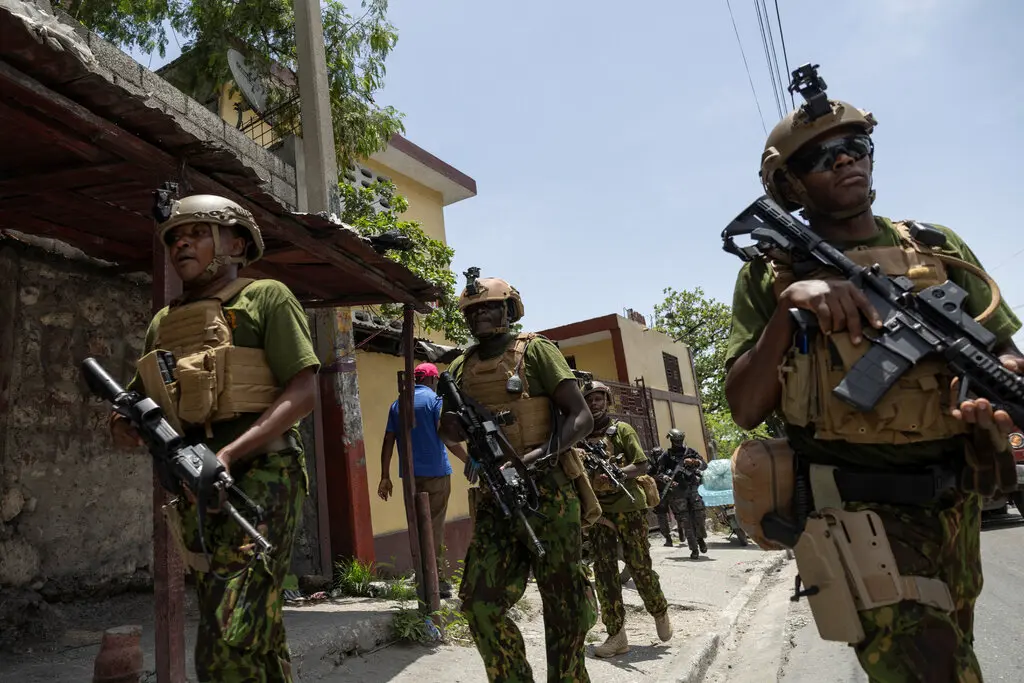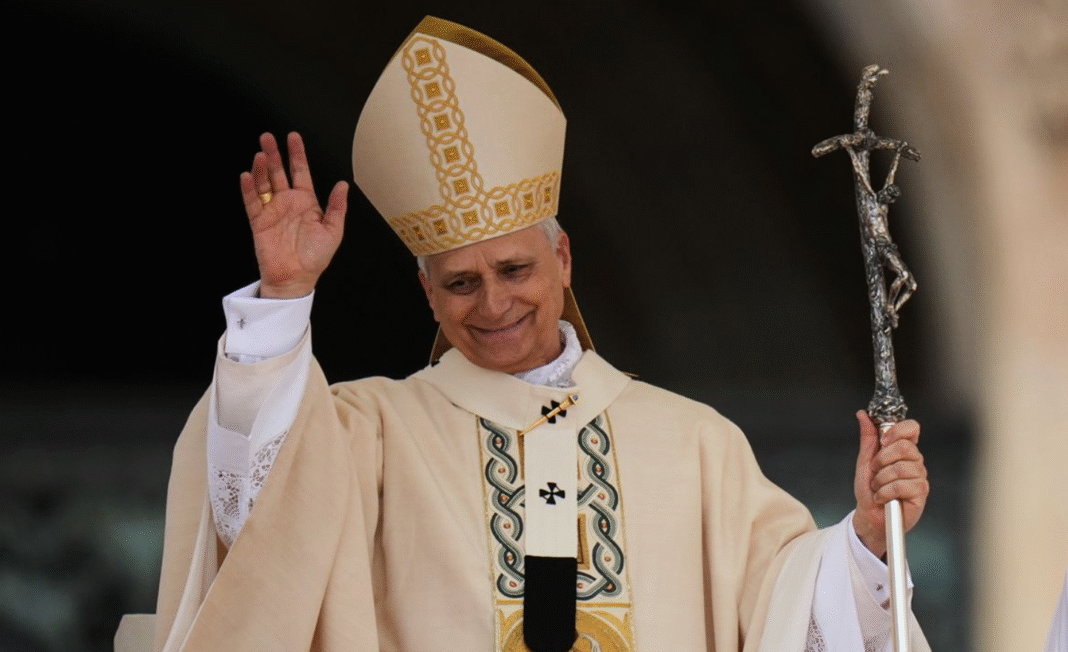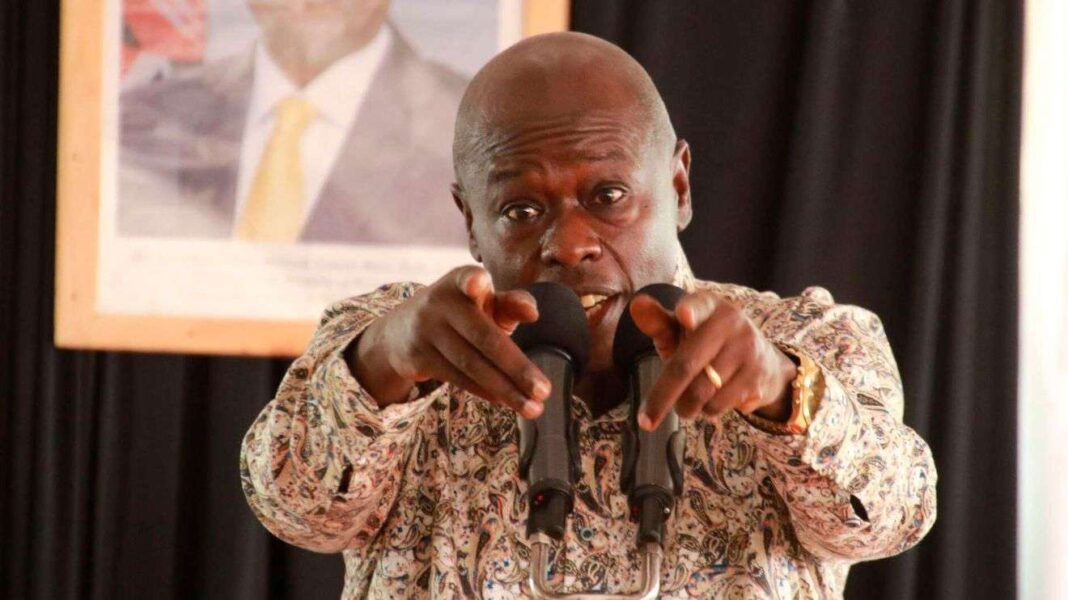Haiti’s worsening violence has drawn a rare and direct intervention from Pope Leo, who on Sunday described the country’s situation as “increasingly desperate.”
The Pontiff cited reports of murders, human trafficking, kidnappings, forced exile, and mass violence. His comments come as Kenyan police deployed in Haiti face an escalating security crisis following the Caribbean nation’s declaration of a three-month state of emergency.
The Pope’s plea has brought global attention back to the fragile mission, raising questions about whether international backing will come quickly enough to prevent further collapse.

Pope Leo Warns the World on Haiti’s Crisis
Speaking from the Vatican, Pope Leo urged all responsible parties to release hostages immediately and called for concrete support from the international community. He stressed the need to create social and institutional stability so Haitians can live in peace.
The Pope’s remarks carry moral weight at a time when Haiti’s violence has reached critical levels. Over the weekend, Haiti’s government announced the emergency would cover the West, Artibonite, and Center departments, regions now under siege by heavily armed gangs.
Authorities say the emergency measure is meant to intensify the fight against insecurity while addressing a growing food crisis. The affected area, often referred to as Haiti’s rice basket, has been a prime target for gangs who have killed farmers, destroyed communities, and taken control of agricultural land.
The United Nations reports that between October 2024 and June 2025, more than 1,000 people were killed, over 200 injured, and 620 kidnapped in Artibonite, Central, and surrounding areas. Human rights groups warn the escalating violence could undermine progress made by the multinational security mission, where Kenyan police are playing a leading role.
Pope Leo’s call is seen by some as a moral push for wealthy nations to act decisively. His intervention underscores a growing fear that without stronger support, Haiti could slip further into lawlessness, rendering peacekeeping efforts ineffective.
Kenyan Police Face Mounting Challenges
Kenyan police officers, deployed under the UN-backed Multinational Security Support (MSS) mission, are now confronting an enemy that is growing bolder and deadlier.
MSS spokesperson Jack Ombaka said last week that Kenyan forces, working with Haitian security units, have intensified operations in critical zones of Port-au-Prince. He insisted progress has been made in reducing gang influence in some areas.
However, the Haitian state of emergency now threatens to stretch Kenyan resources thin. Patrols have been expanded, and officers face daily confrontations with gangs armed with military-grade weapons. The violence in Haiti’s central region also means Kenyan units may need to move beyond the capital to protect key farming areas vital to the country’s food supply.
International observers note that Kenyan police have brought discipline and new tactics to Haiti, but they face serious logistical and operational constraints. The mission’s success depends on sustained funding, advanced equipment, and reliable intelligence — all of which remain uncertain.
Violence Threatens Haiti’s Food Supply
The fight is not just against gangs but against a looming humanitarian disaster. Haiti’s central agricultural regions have been crippled by gang control. Farmers are abandoning land, crops are being burned, and food shortages are deepening.
Government officials say food production has plummeted, sending prices skyrocketing. Entire communities now rely heavily on humanitarian aid. The United Nations warns the agricultural collapse could lead to famine-like conditions if the violence is not contained.
For Kenyan police, this creates a two-fold challenge — securing territory from gangs and ensuring safe passage for food supplies and aid workers. Without restoring agricultural activity, stability in Haiti will remain elusive.
Pope Leo’s appeal aligns with this urgent reality. His message highlights that the crisis is not only about restoring law and order but also about protecting the basic means of survival for millions of Haitians.
Pope Leo’s intervention has brought global moral authority to a crisis that has often been met with indifference. Kenyan police remain on the front lines, but their mission is now at a turning point. Whether the world heeds the Pope’s call for immediate, concrete action will determine if Haiti steps back from the brink—or slips into a deeper catastrophe.


